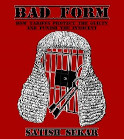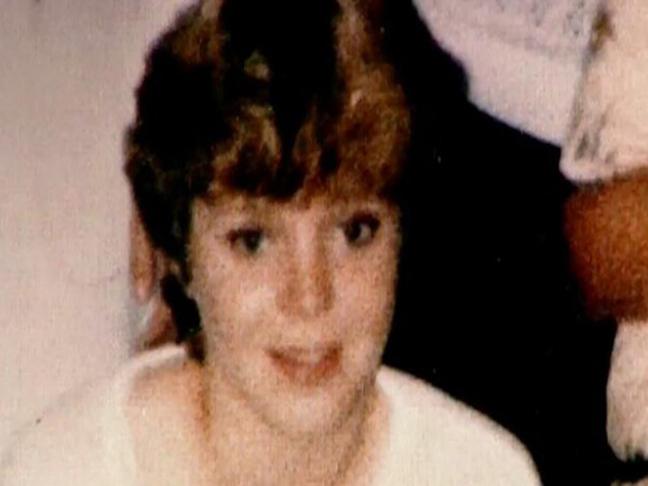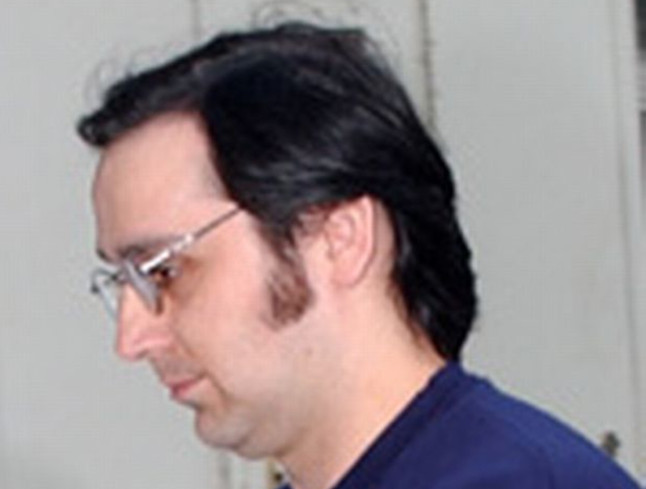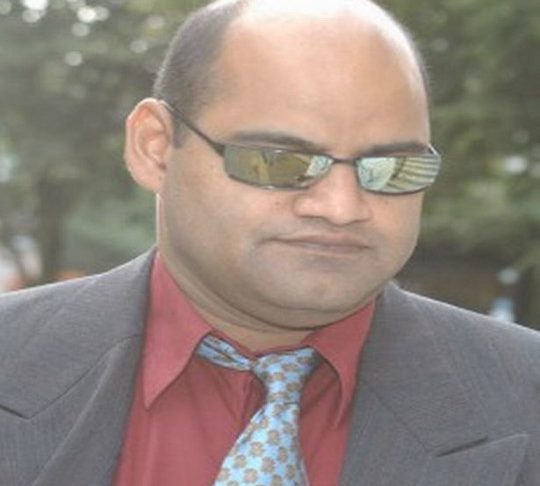
Lynette’s Law (Part Two)
December 30, 2024
Introduction – The Need for Lynette’s Law [1]
March 12, 2025By Satish Sekar[i] © Satish Sekar (December 30th 2024)
The Need for Lynette’s Law
Clearly, all of the victims in the Lynette White Inquiry – Lynette’s family, the Cardiff Five and their families and the wider community of Butetown – have not received the treatment that they were entitled to expect. It is too late for them – far too late – but others can and must be protected from suffering the same fate. Murder victim Helen McCourt’s mother, Marie, fought long and hard for justice. She demanded Helen’s Law (see below). It was a hard fight to prevent murderers and paedophiles denying victims’ families the right to know information such as the location of the victim’s body.
Sadly, the failure to impose an adequate tariff or, later, give all the victims a say over whether parole should be granted was not delivered in the Lynette White Inquiry. It shows that the current system is not sufficient for either and led me to conclude that Lynette’s Law is now a necessity. So, what is Lynette’s Law?
Anybody who believes that Jeffrey Gafoor murdered Lynette White in such a brutal fashion over the return of £30.00 and the use of a condom must also believe that pigs were born with wings. It should be patently obvious that Gafoor has not provided an adequate explanation of why he murdered Lynette and without that it should be clear that it is impossible to assess whether the public is safe with him at large or not.

Helen’s Law
In November 2020 Helen’s Law, named after murder victim Helen McCourt, received Royal Assent. In 1988 Helen disappeared. The late Ian Simms was convicted of her murder in 1989. He protested his innocence and was eventually released on parole after serving over three decades in prison – he was tagged. Helen’s mother, Marie, wanted Simms to be denied parole if he did not reveal the location of Helen’s body – he never did and never accepted responsibility for Helen’s death, which enraged Marie, who received an MBE in 2023 for her tireless campaigning.
2020 was a mixed year for Marie – Simms was released on parole, but her campaigning paid off. That November the Prisoners (Disclosure of Information About Victims) Act, known as Helen’s Law which put a legal duty on the Parole Board for the first time to consider the anguish caused by murderers who refuse to disclose the location of a victim’s body when considering them for release became law.
It is also requires the Parole Board to ensure that murderers and paedophiles who withhold information from victims will face longer in prison. Simms died in 2022.
Lynette’s Law
While Simms never admitted guilt, the same cannot be said for Gafoor, but despite his guilty plea, serious questions remain. In Lynette’s case, both her family and the Cardiff Five and their families have not received the truth from Gafoor on why Lynette was murdered, and why he allowed the innocent to suffer for his crime.
The Lynette’s Law I demand will oblige murderers to reveal the full truth about important facts like this, and if they refuse or provide unbelievable answers, Lynette’s Law should oblige them to do so or have that refusal reflected first in the tariff, and then in parole applications.

Jeffrey Gafoor should not be allowed to savour freedom without giving his victims the relief of knowing why Lynette died or why their lives were wrecked. Gafoor’s assistance and cooperation has to be seen in the context of his refusal to provide a credible explanation of why he killed Lynette.
More than two decades after he was brought to justice, he has yet to provide a believable explanation for why Lynette was murdered. Both her family and the Cardiff Five and their families are entitled to know and he should be obliged to tell them. Murderers who deny their victims such information should pay in the tariff and in parole applications.
The Dangers
An obvious danger with Lynette’s Law or any other such law is what about the wrongly convicted? They cannot give an honest answer to such questions because they do not and cannot know. They should not be punished for being innocent. We cannot pretend that our system of justice is foolproof – this very case involves a grotesque and notorious miscarriage of justice.
A solution to that problem is to allow prisoners protesting innocence an appeal to a panel appointed by the Ministry of Justice, consisting of former judges, journalists with experience in this field, lawyers, forensic scientists and members of justice organisations. The prisoner should be allowed to put their case to the panel of why Lynette’s Law should not apply in their case. Both they and the victims of murderers must have their rights respected. Nothing less than Lynette’s Law will suffice.
[i] Satish Sekar is the author of Fitted In: The Cardiff 3 and the Lynette White Inquiry (1998), The Cardiff Five: Innocent Beyond Any Doubt 1st edition 2012 and 2nd edition (2017), Trials and Tribulations: Innocence Matter? (2017) and Forensic Pathology: Preventing Wrongs (2020). Bad Form: How Tariffs Protect the Guilty and Punish the Innocent will be published in 2025.


